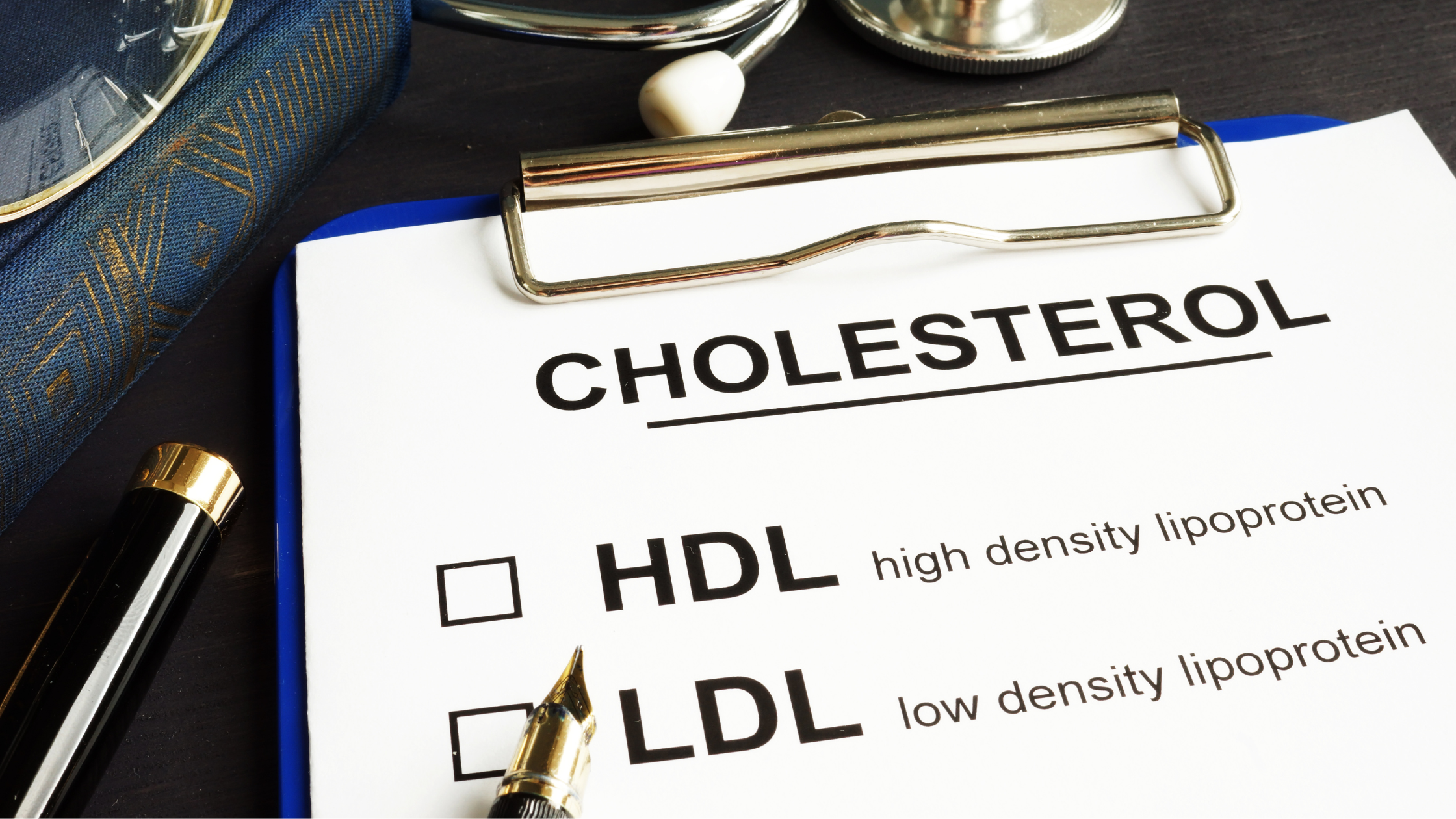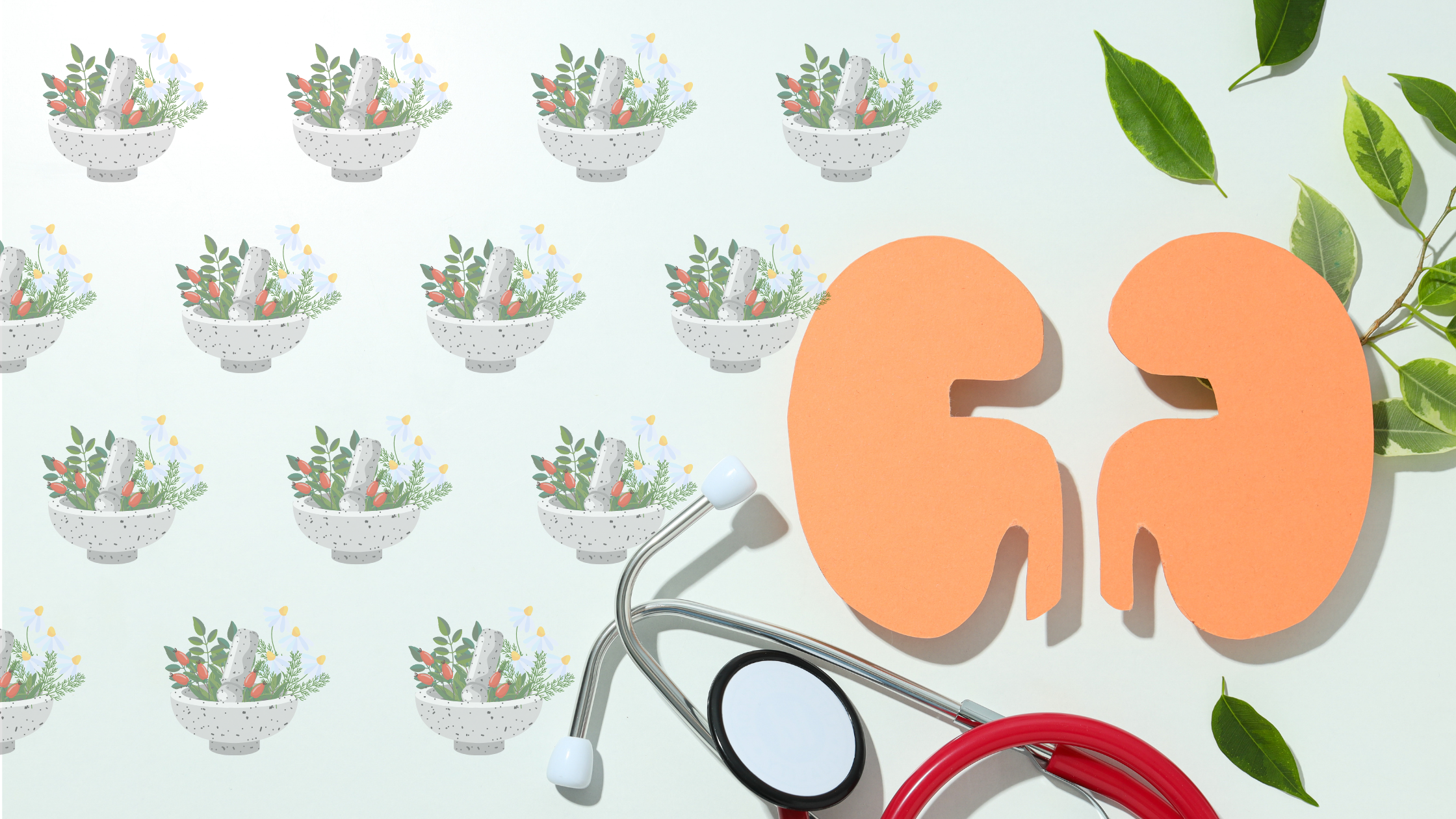
Cholesterol Control Made Easy: 8 Expert-Backed Tips for a Healthier Heart
Did you know that nearly 40% of adults worldwide have high cholesterol levels?
Yes, that’s right! You’re not alone in your cholesterol journey. While it may not come with flashing warning signs, unchecked cholesterol can silently clog arteries and raise your risk of heart attacks and strokes. Sounds scary? The good news is, with a few lifestyle tweaks and the right choices, managing cholesterol doesn’t have to feel like climbing a mountain. This guide is here to make that journey a little lighter—and a lot more effective.
Cholesterol problems are on the rise globally, largely due to unhealthy diets, sedentary lifestyles, and stress. According to the World Health Organisation, raised cholesterol is estimated to cause 2.6 million deaths annually, making it a key risk factor for heart disease. But don't worry—managing it isn't rocket science. In fact, it can be quite manageable (and even fun) when you know what to do. Let’s dive into eight practical, research-backed tips to keep your cholesterol in check.
Expert Recommended Tips To Improve Your Cholesterol
1. Load Up on Heart-Friendly Fats
Not all fats are created equal. While trans fats (found in fried and processed foods) raise LDL cholesterol, monounsaturated and polyunsaturated fats (found in olive oil, avocados, and nuts) improve cholesterol balance. Unsaturated fats, particularly monounsaturated and polyunsaturated fats, can help lower LDL (bad) cholesterol levels and increase HDL (good) cholesterol. You can find these heart-healthy fats in foods like:
- Olive oil
- Avocados
- Nuts and seeds
- Fatty fish like salmon, mackerel, and sardines
One study published in the Journal of the American College of Cardiology shows that replacing saturated fats with unsaturated fats significantly lowers LDL cholesterol and reduces cardiovascular disease risk.

2. Eat More Soluble Fibre
Soluble fibre acts like a sponge in your digestive system, soaking up excess cholesterol and carrying it out of your body. It’s one of the simplest and most natural ways to keep your numbers in check.
Top sources include:
- Oats
- Barley
- Lentils
- Apples
- Carrots
- Psyllium husk
According to a meta-analysis in the American Journal of Clinical Nutrition, consuming just 5 to 10 grams of soluble fibre daily can reduce LDL cholesterol by about 5%. Start your day with a bowl of oatmeal or add chia seeds to smoothies for an easy fibre boost.
3. Get Moving: Exercise Regularly
Exercise isn’t just for weight loss. It’s a proven tool to improve cholesterol. Regular physical activity can help raise HDL cholesterol while also lowering LDL and triglyceride levels.
Aim for at least 150 minutes of moderate-intensity exercise per week. This could include:
- Brisk walking
- Dancing
- Swimming
- Cycling
A study published in The Archives of Internal Medicine found that aerobic exercise significantly improved HDL levels, especially when combined with weight loss.
4. Try Plant Sterols and Stanols
These natural compounds block cholesterol absorption in the gut. You’ll find them in fortified foods like certain margarines, yoghurts, and orange juices.
Research shows that 2g of plant sterols daily can lower LDL cholesterol by 10%. Check food labels and consider adding a sterol-fortified spread to your diet.

5. Quit Smoking (Or Don’t Start!)
If you need another reason to ditch the smokes, here it is: smoking lowers your HDL cholesterol and damages your blood vessels, increasing the risk of plaque buildup.
The good news? The effects reverse quickly. According to the World Health Organisation, within just 20 minutes of quitting, your blood pressure improves. And within a year, your risk of heart disease drops by half.
6. Eat Fatty Fish Twice a Week
Fatty fish like salmon, mackerel, and sardines are rich in omega-3 fatty acids, which reduce triglycerides and improve HDL levels. Consuming omega-3s twice weekly lowered LDL cholesterol by 9%. Not a fish fan? Try a high-quality fish oil or Omega-3 supplement.
7. Manage Stress
Chronic stress doesn’t just wear you down mentally—it also affects your cholesterol. Stress triggers the release of cortisol, a hormone that can increase LDL cholesterol and triglycerides.
Effective stress management techniques include:
- Meditation
- Deep breathing
- Yoga
- Nature walks
- Journaling
Research shows that psychological stress can lead to dyslipidaemia—unhealthy cholesterol levels—over time.

8. Consider a CoQ10 Supplement
Coenzyme Q10 (CoQ10) is a powerful antioxidant that your body produces naturally. It plays a key role in energy production and cardiovascular health. If you're on statins (cholesterol-lowering drugs), your CoQ10 levels may be depleted, leading to fatigue and muscle pain.
Supplementing with CoQ10 helps support heart function and may even improve lipid profiles. A study in BioFactors found that CoQ10 supplementation significantly improved total cholesterol and LDL levels.
Conclusion
Managing cholesterol doesn't have to be a daunting task. With a few mindful choices—like adding more fibre, exercising regularly, cutting back on trans fats, and incorporating a CoQ10 supplement—you can take control of your heart health naturally and effectively. Every small change counts, and over time, they can lead to big results.
Ready to take your heart health to the next level?
Try CoQ10 by Route2Health, a premium-quality supplement designed to support cardiovascular wellness, energy production, and antioxidant protection.
FAQs
1. What is the normal cholesterol level?
A total cholesterol level under 200 mg/dL (5.2 mmol/L) is considered desirable. LDL should be under 100 mg/dL, HDL above 60 mg/dL.
2. Can diet alone lower cholesterol?
Yes, diet plays a major role. Incorporating fibre-rich foods, healthy fats, and reducing saturated fats can significantly lower cholesterol levels.
3. How long does it take to lower cholesterol naturally?
You may begin to see improvements in cholesterol levels in as little as 4–6 weeks with consistent lifestyle changes.
4. Are statins the only solution for high cholesterol?
No. While statins are effective, lifestyle modifications and supplements like CoQ10 and Omega-3 also help manage cholesterol.
5. Is CoQ10 safe to take with statins?
Yes, in fact, CoQ10 can reduce statin-related side effects like muscle pain and fatigue. Always consult your doctor before starting any supplement.























































